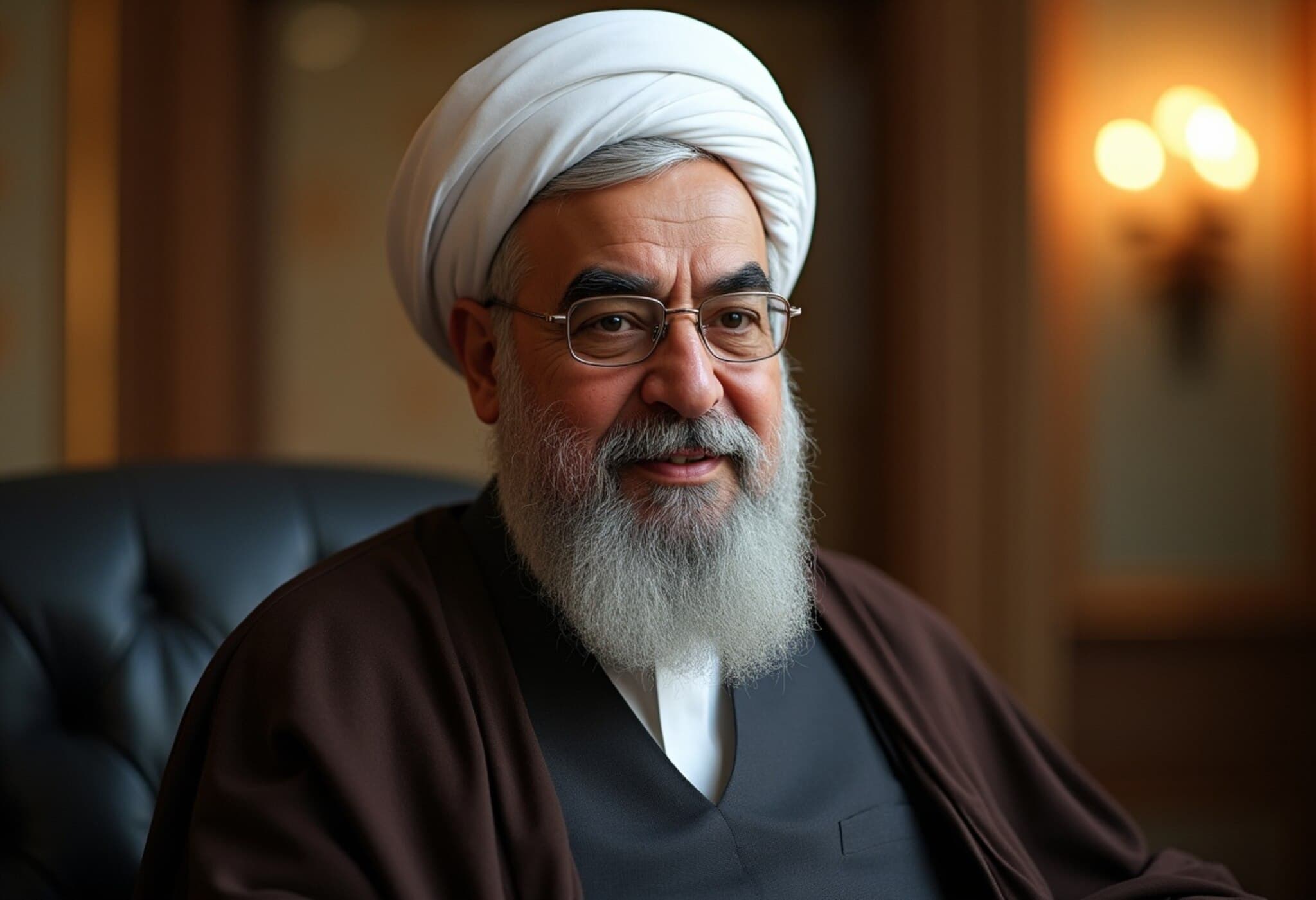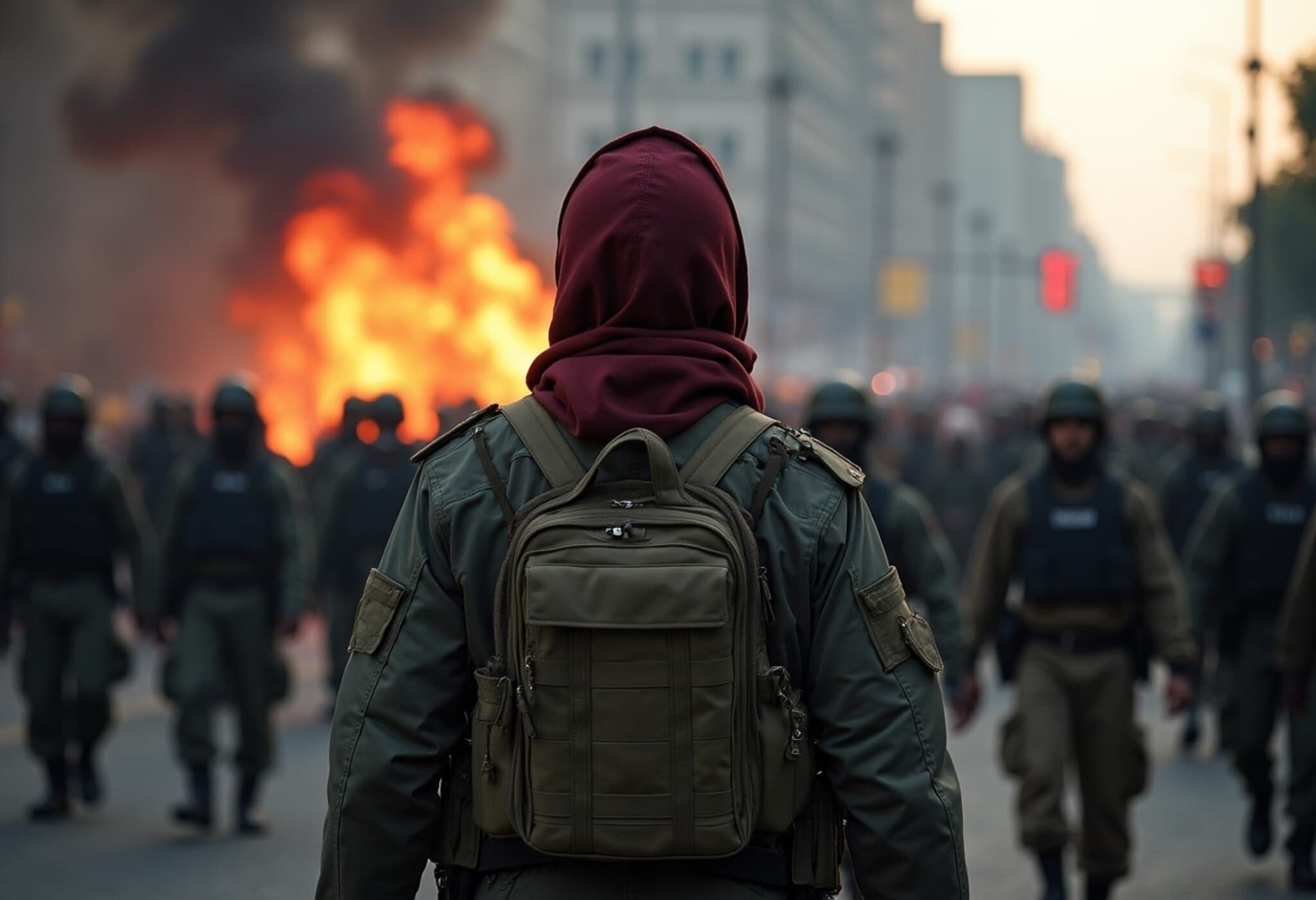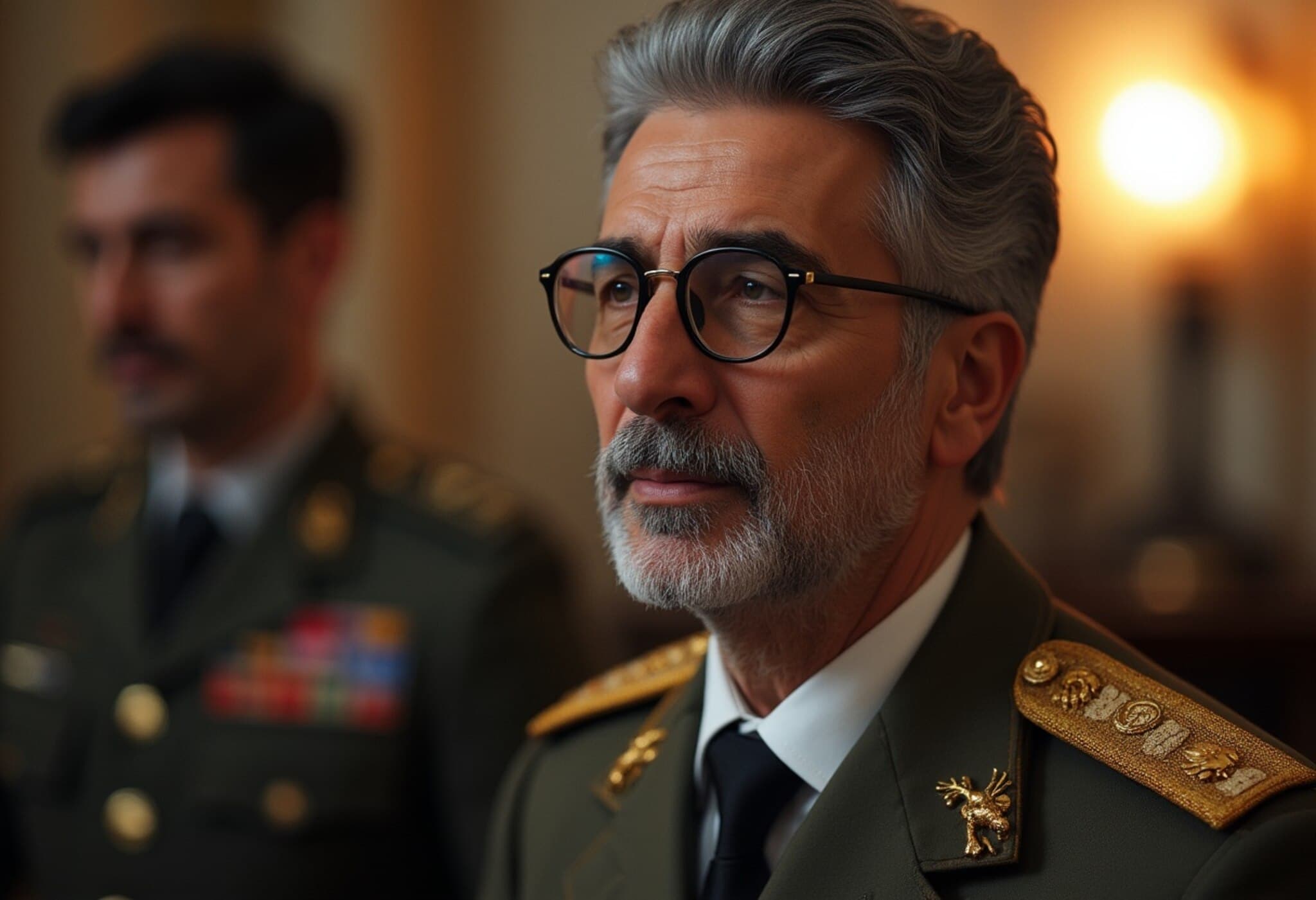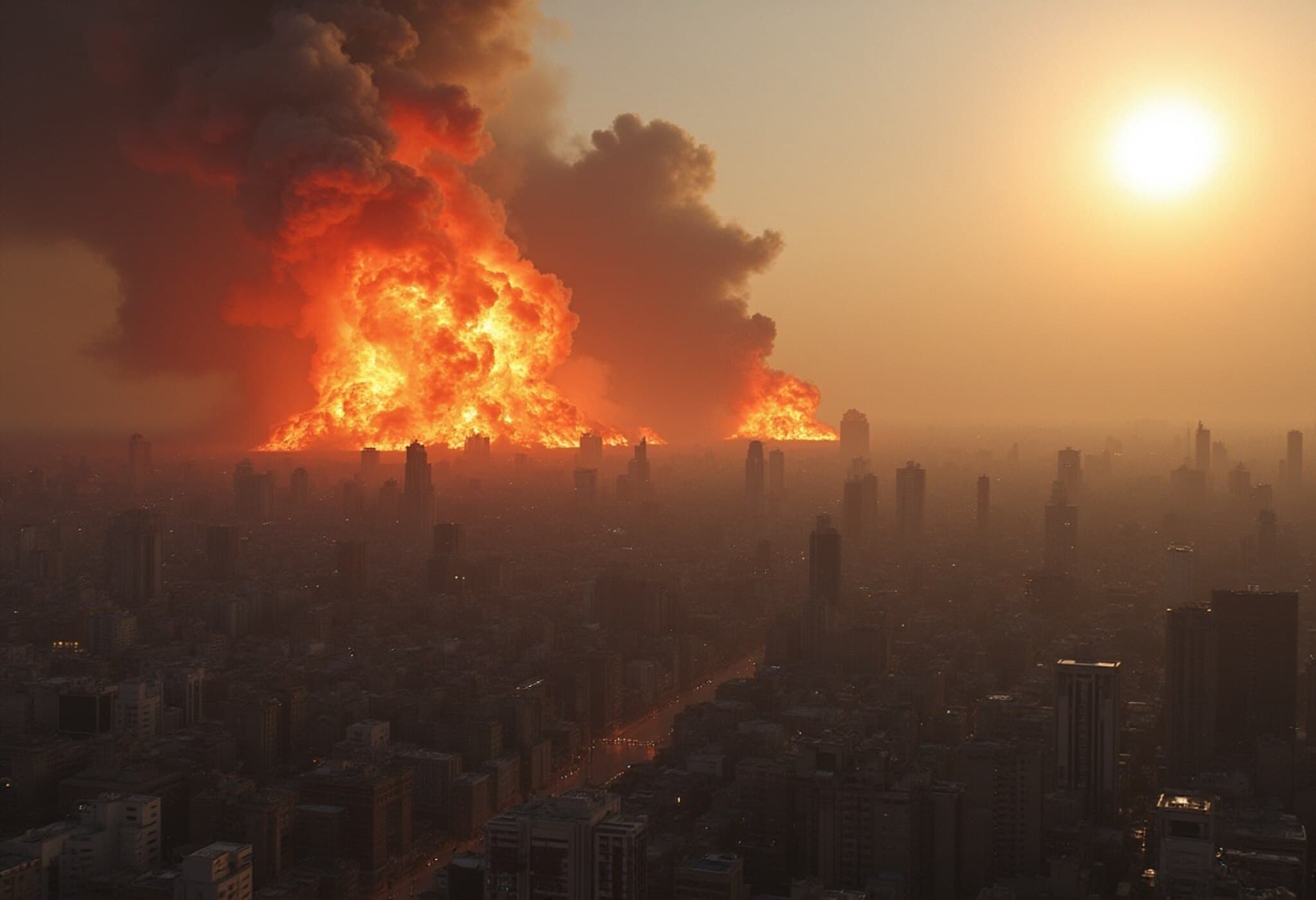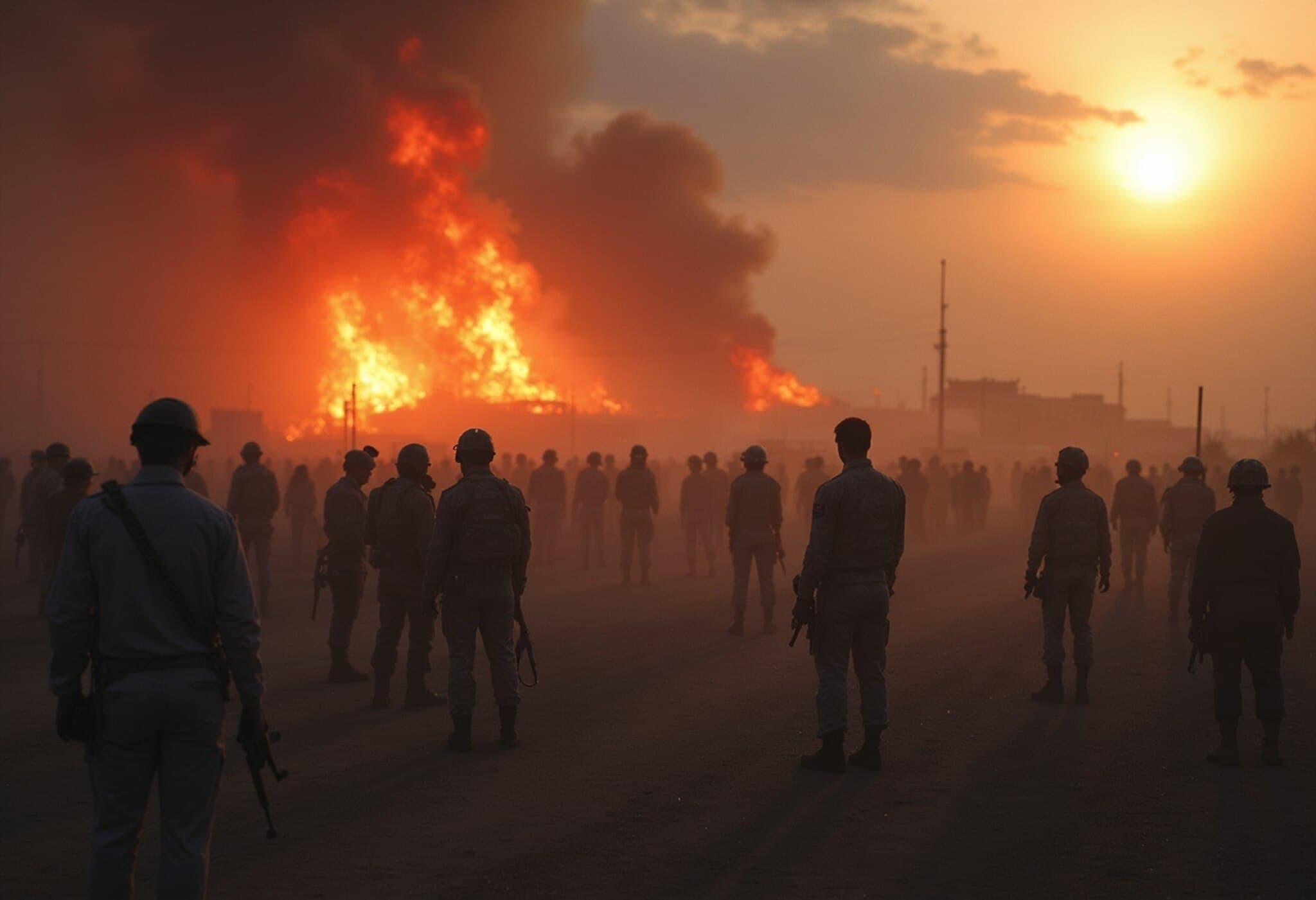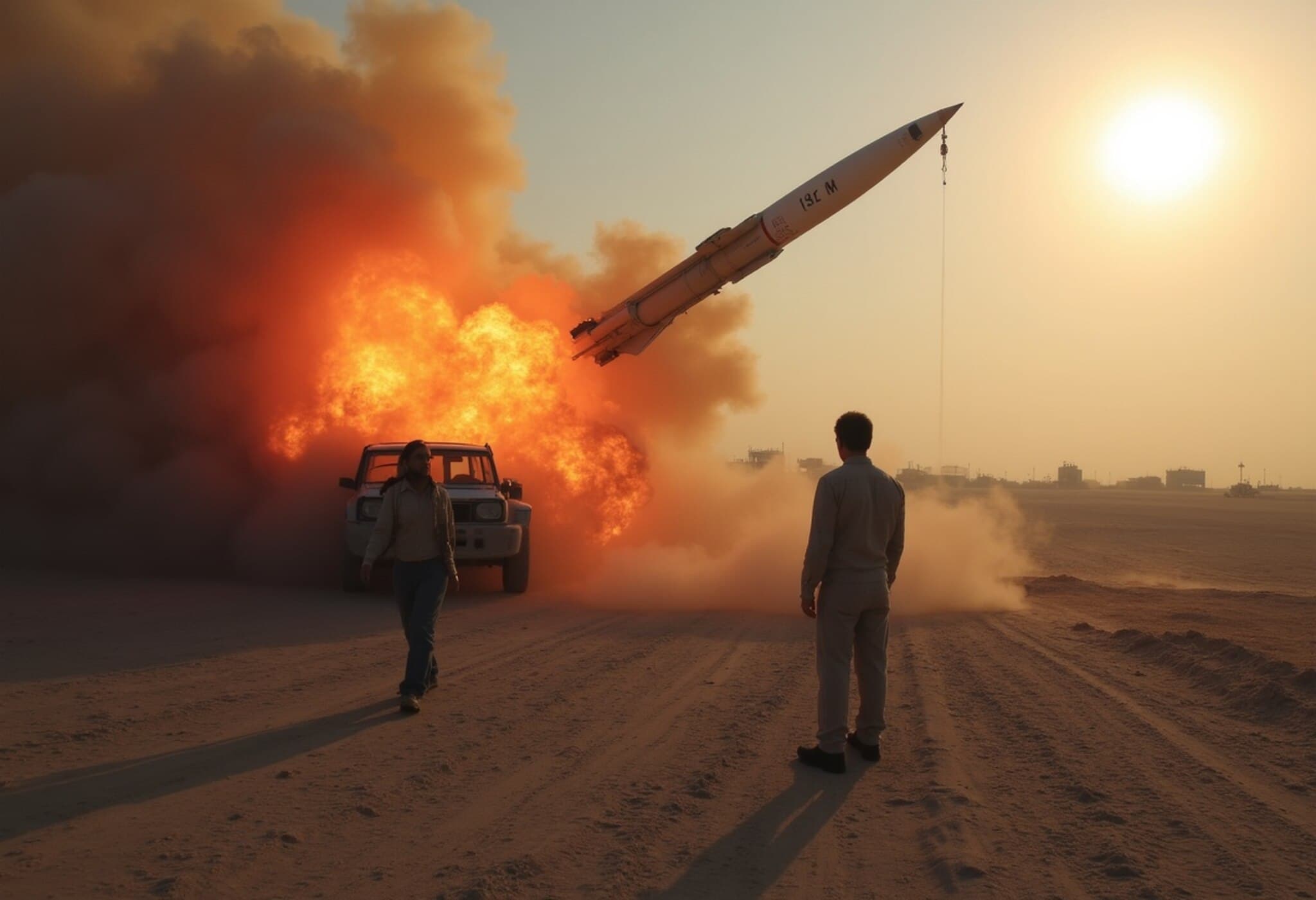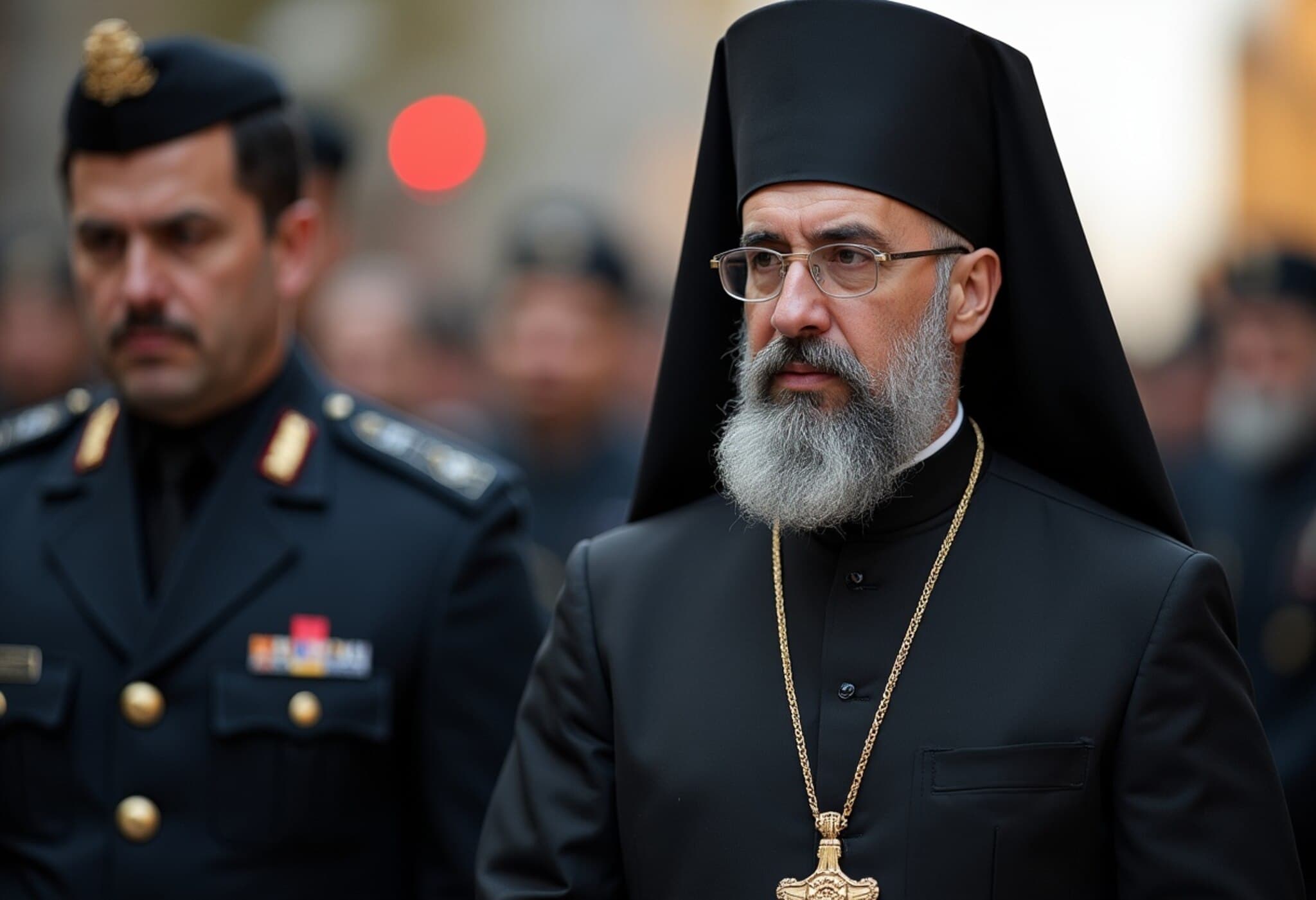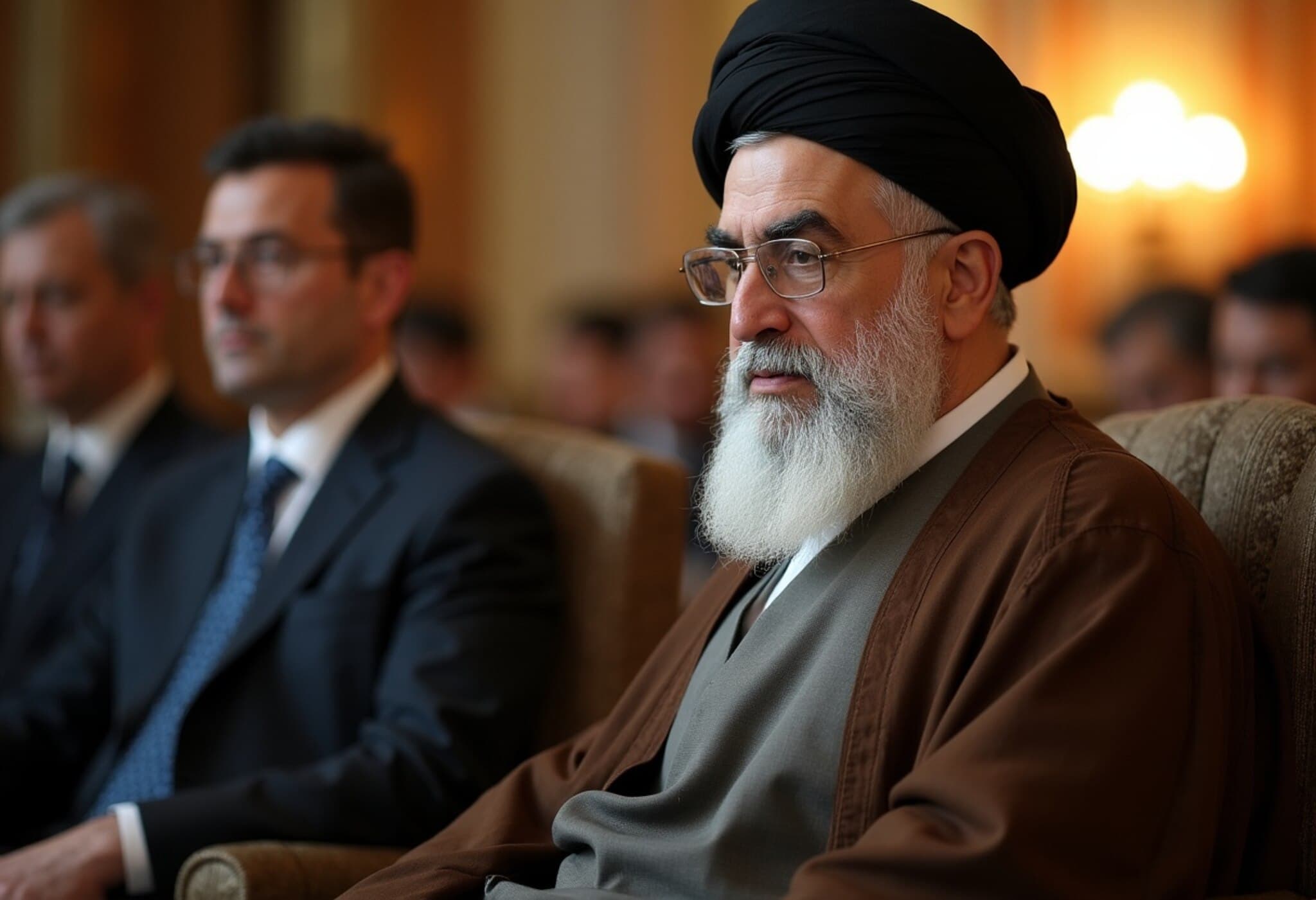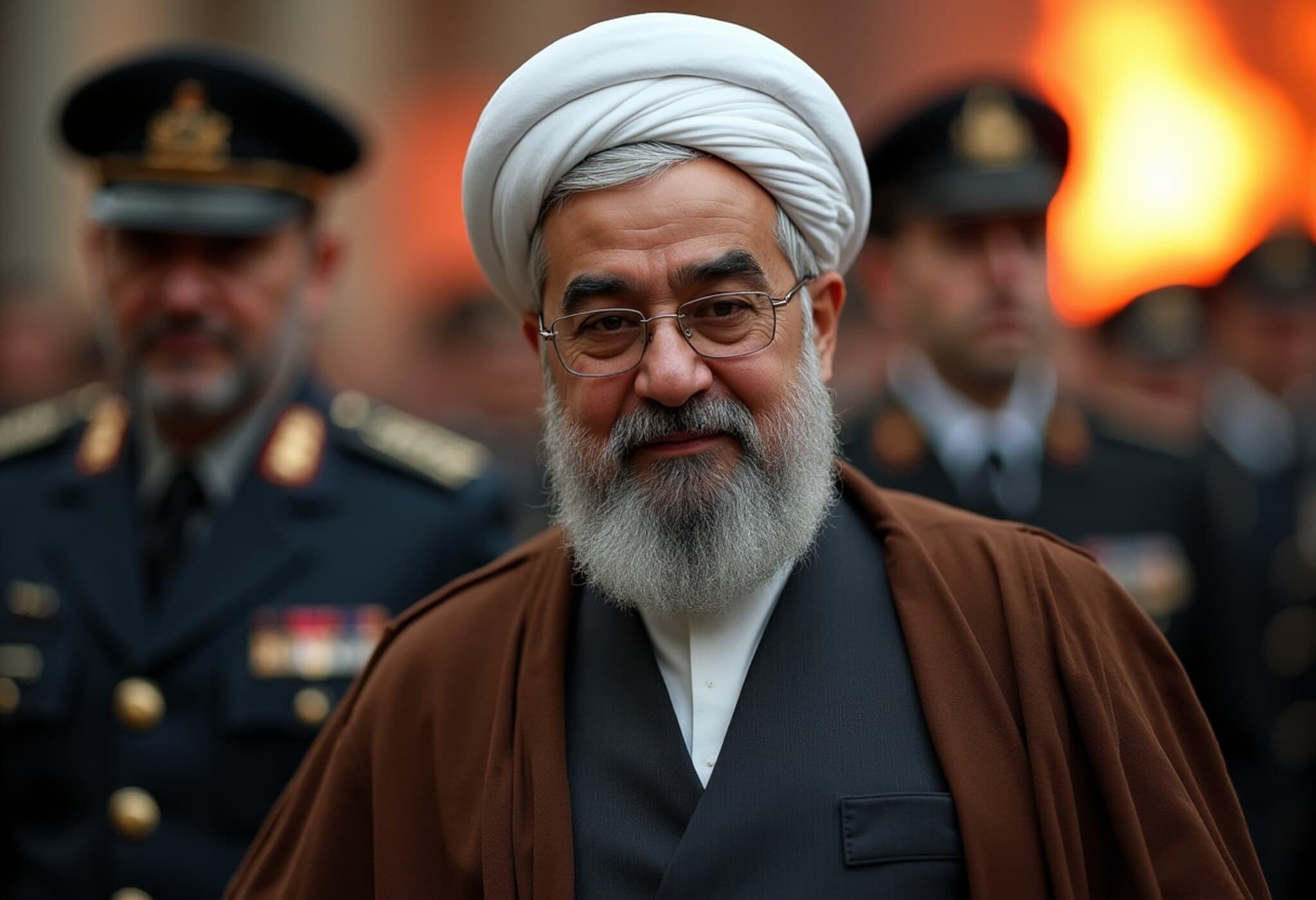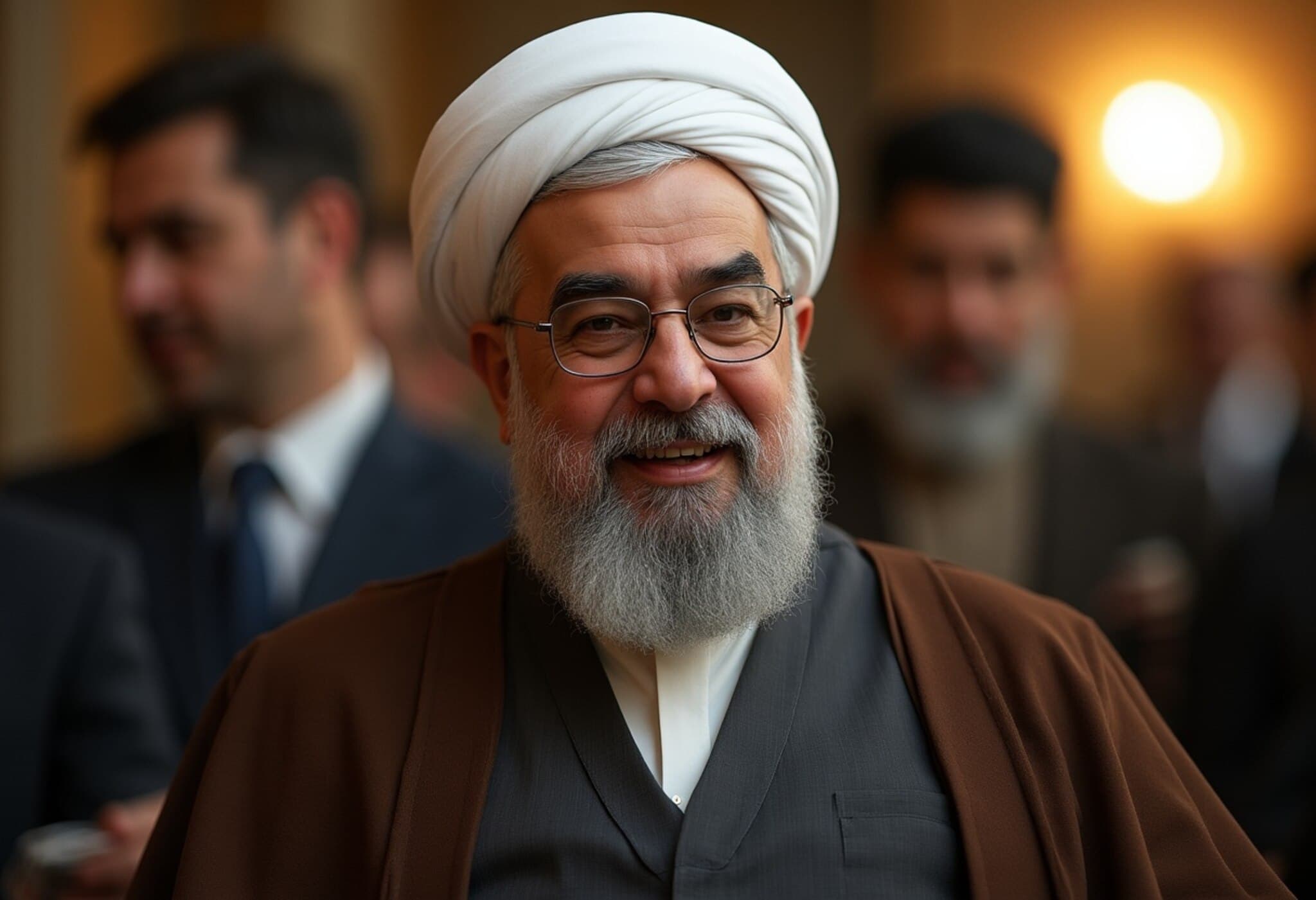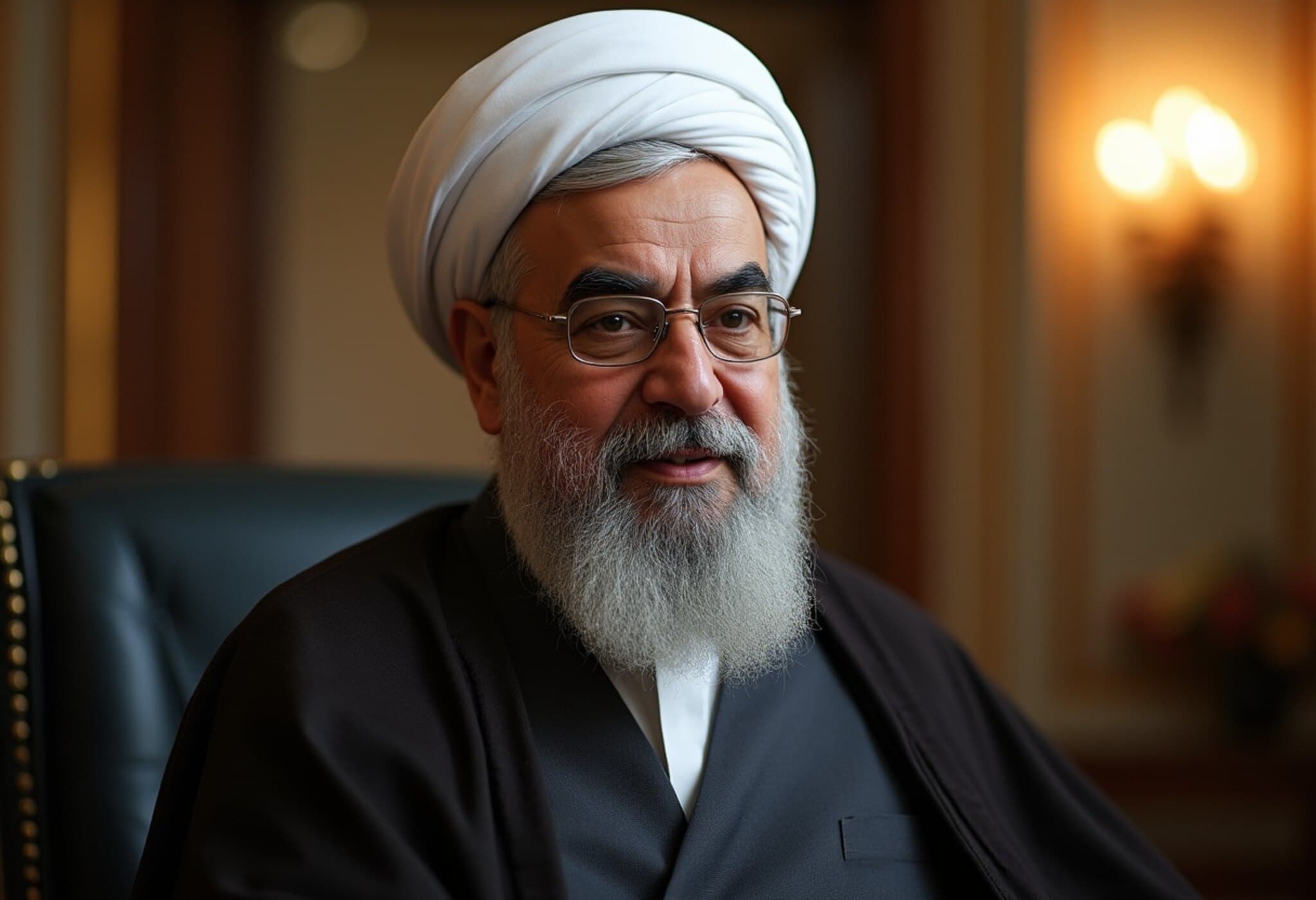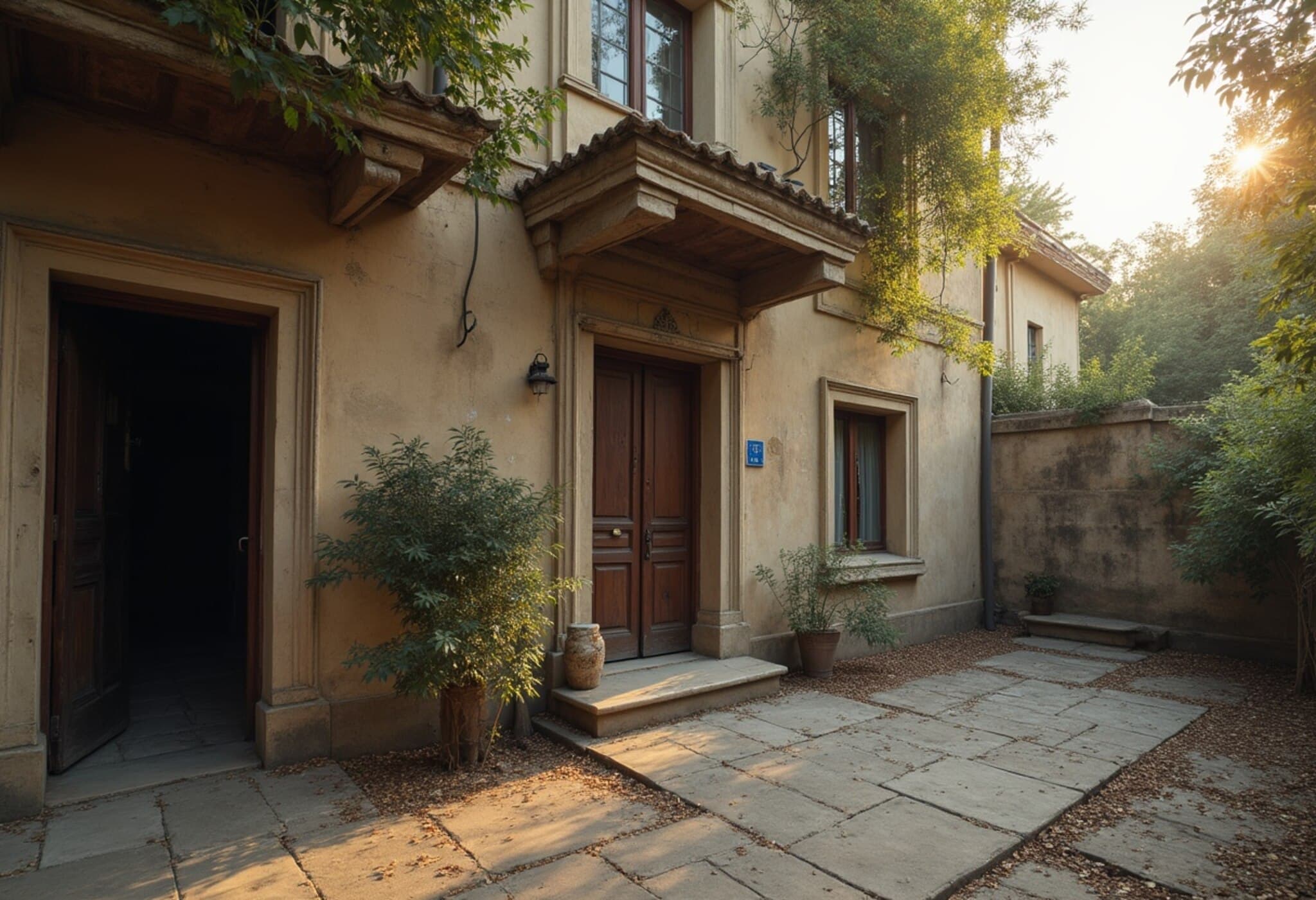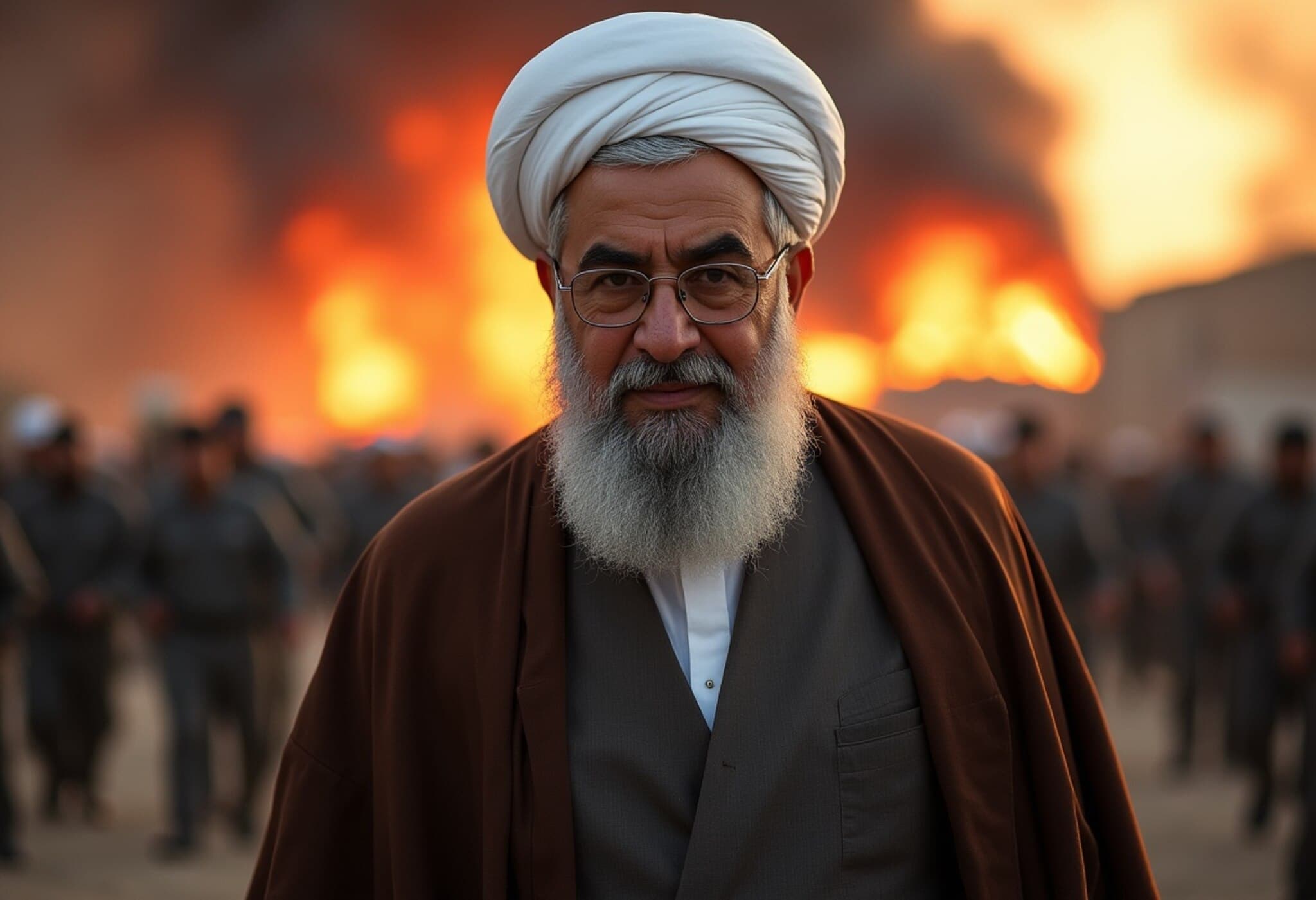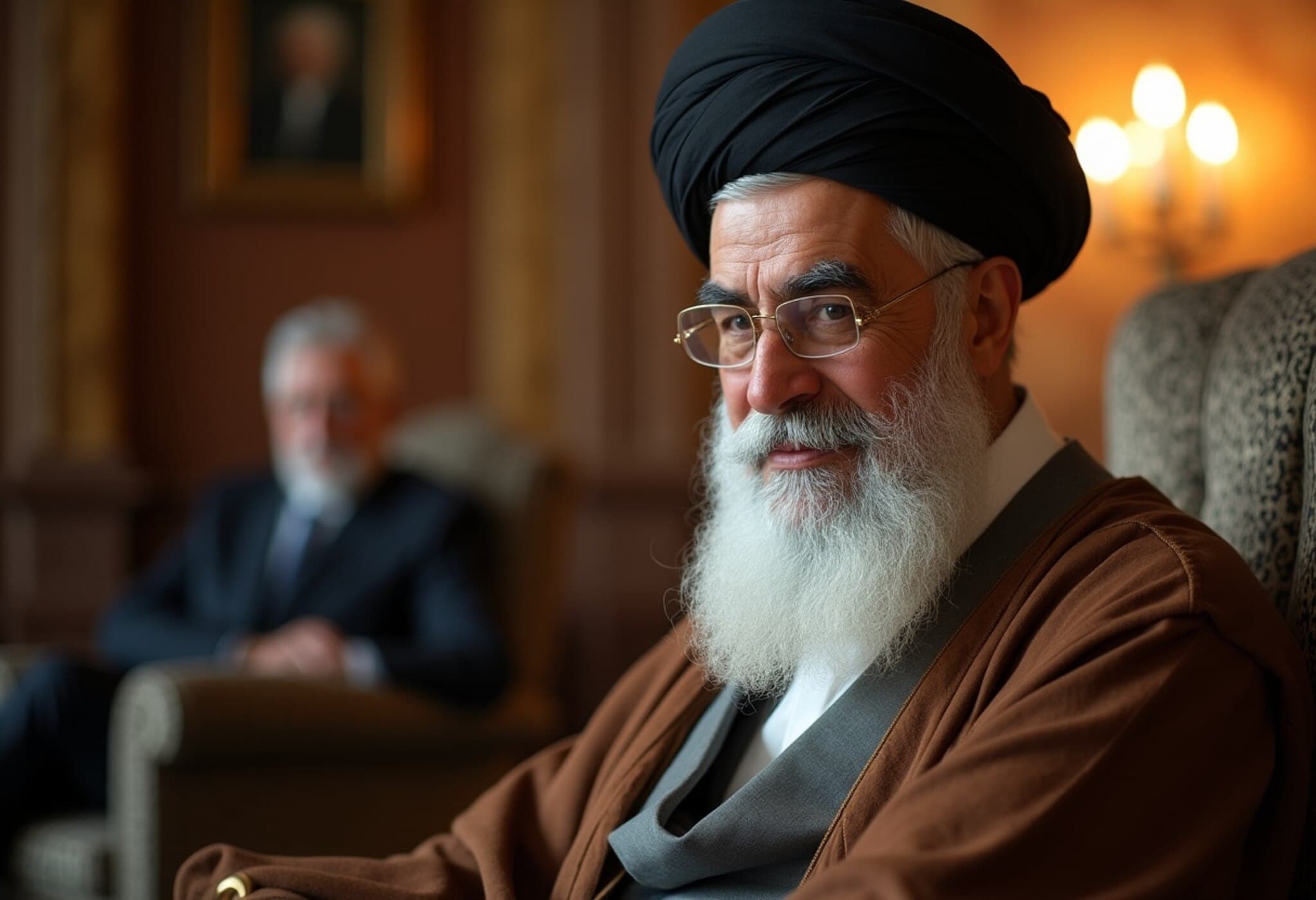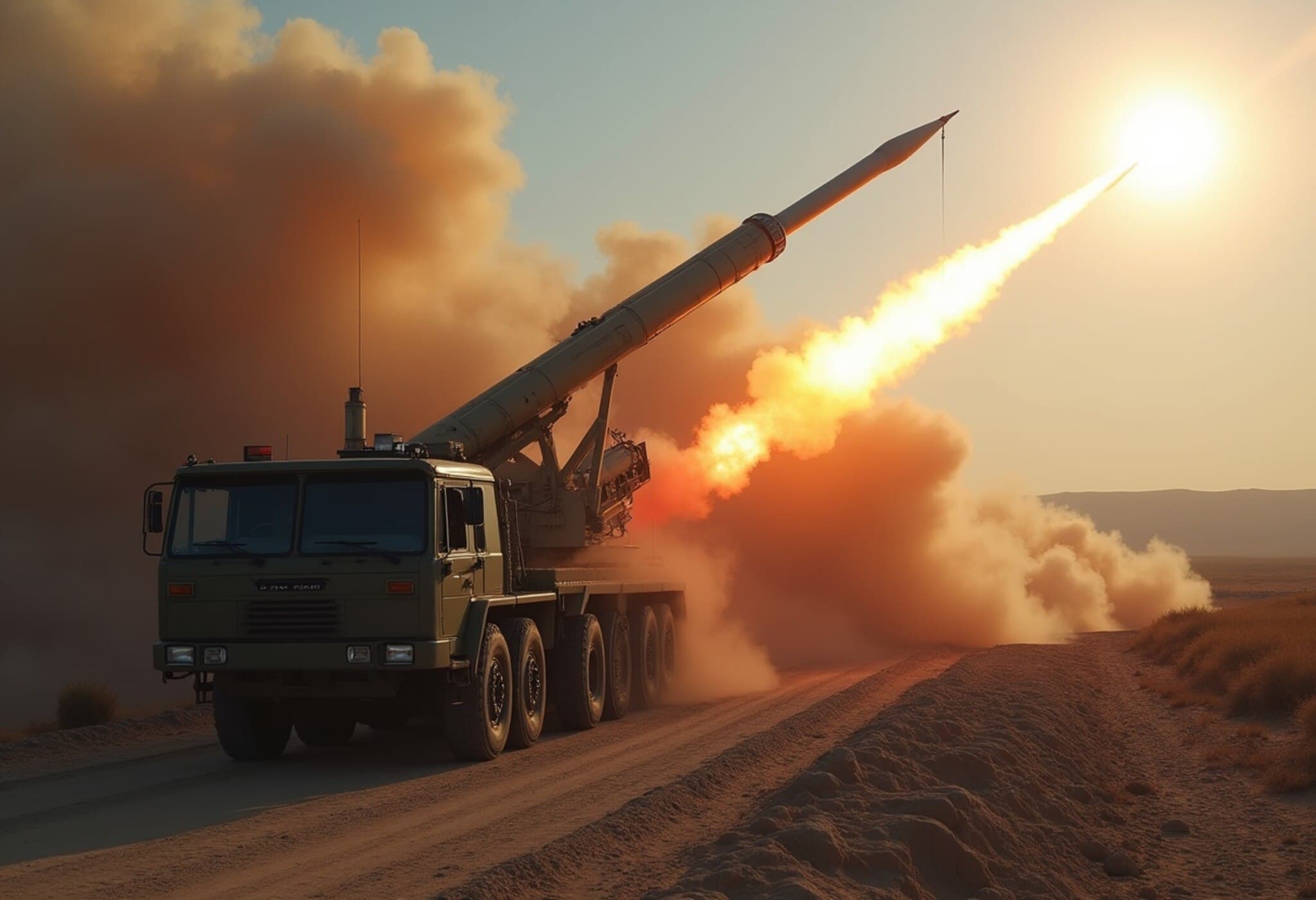Ayatollah Khamenei’s Old Posts Spark Social Media Buzz
As tensions escalate between Iran and Israel, a series of long-forgotten social media posts by Iran’s Supreme Leader, Ayatollah Ali Khamenei, have resurfaced and captivated the online community. Contrary to his stern public image, these posts reveal a more reflective and occasionally playful side of the leader, touching on women’s rights, literature, and even youthful mischief.
Unexpected Views on Women and Emotions
Some of Khamenei’s posts, dating back over a decade, portray him advocating for a deeper understanding of women's emotional needs. In one noteworthy message, he wrote, “Man has a responsibility to understand a woman's needs and feelings and must not be neglectful toward her emotional state.” This declaration challenges the prisoner of his often rigid political persona.
In addition, Khamenei praised women's strength and influence, stating, “Women are stronger than men. Women can completely control and influence men with their wisdom and delicacy.” These posts sparked surprise and intrigue across social media platforms, prompting users to reconsider the supreme leader’s views.
A Glimpse into His Youth and Cultural Interests
Beyond his progressive remarks on women, the posts also reveal a more personal side of Khamenei. In 2013, he candidly reflected on his school days, confessing, “I went to school wearing a cloak from the first days; it was uncomfortable to wear it in front of other kids, but I tried to make up for it by being naughty and playful.”
His appreciation for poetry and literature was also evident. He admitted a lack of interest in cinema and visual arts but emphasized his affection for novels and poetry, describing himself as “not just a typical audience” when it comes to these art forms. Notably, Khamenei mentioned reading a book by India's first prime minister, Jawaharlal Nehru, which broadened his understanding of India’s historical advancements before colonial times.
Social Media Reacts to the Contrasting Persona
The online community was quick to respond to these resurfaced posts. Some users expressed surprise at this unfamiliar side of Khamenei. Comments ranged from playful apologies—“I apologize, Ayatollah Khamenei, I was unfamiliar with your game”—to reflections on the contrast between his past and present image. One user commented, “Born to be a lover, forced to be the supreme leader.” Others joked about the resurgence of his posts in a digital age where old tweets often define public perception.
Context Amid Current Geopolitical Strain
These revelations come as Iran remains entrenched in conflict, with the supreme leader affirming his resilience against international pressure. Khamenei recently issued a stern warning about potential US involvement in the ongoing Israel-Iran tensions, threatening that any such interference would cause “irreparable damage” to the United States.
While these resurfaced posts paint a more nuanced picture of Khamenei’s personal thoughts and cultural interests, they sharply contrast with his unyielding political stance in the current crisis.

